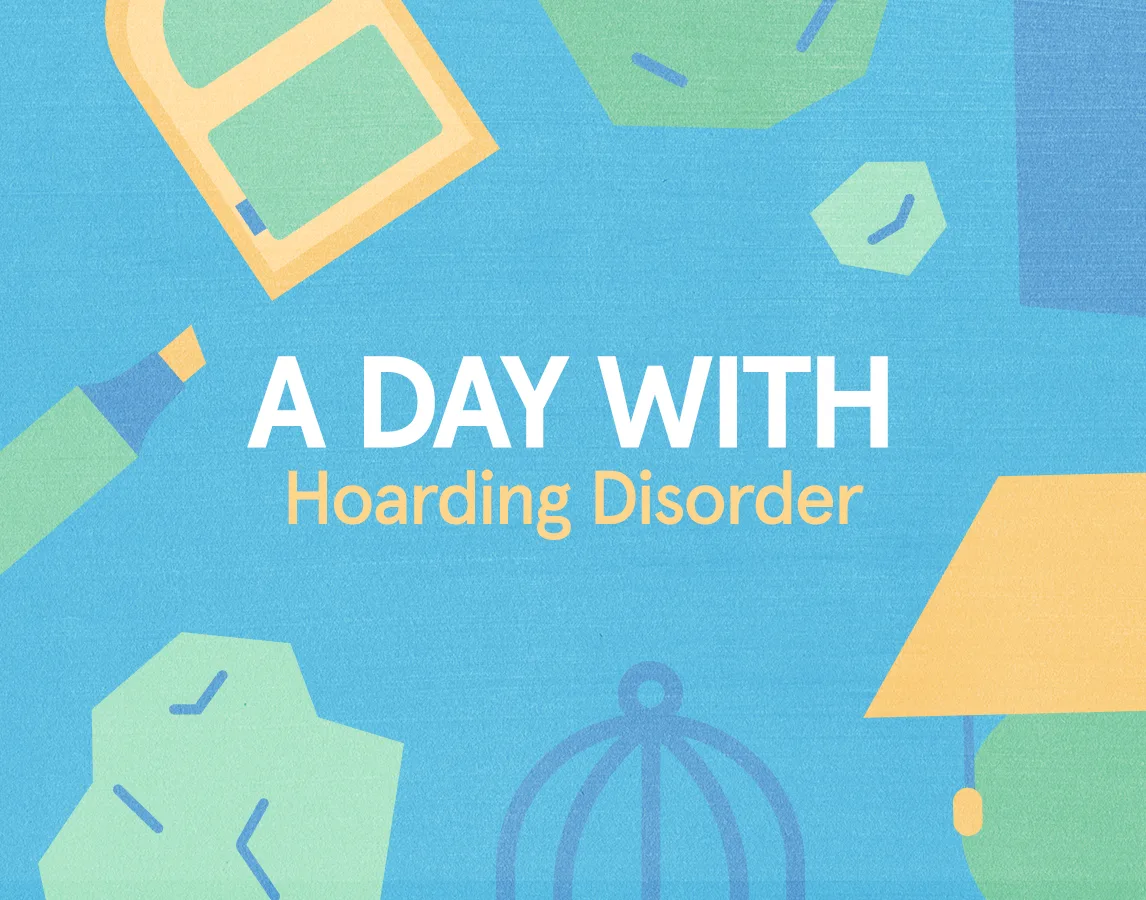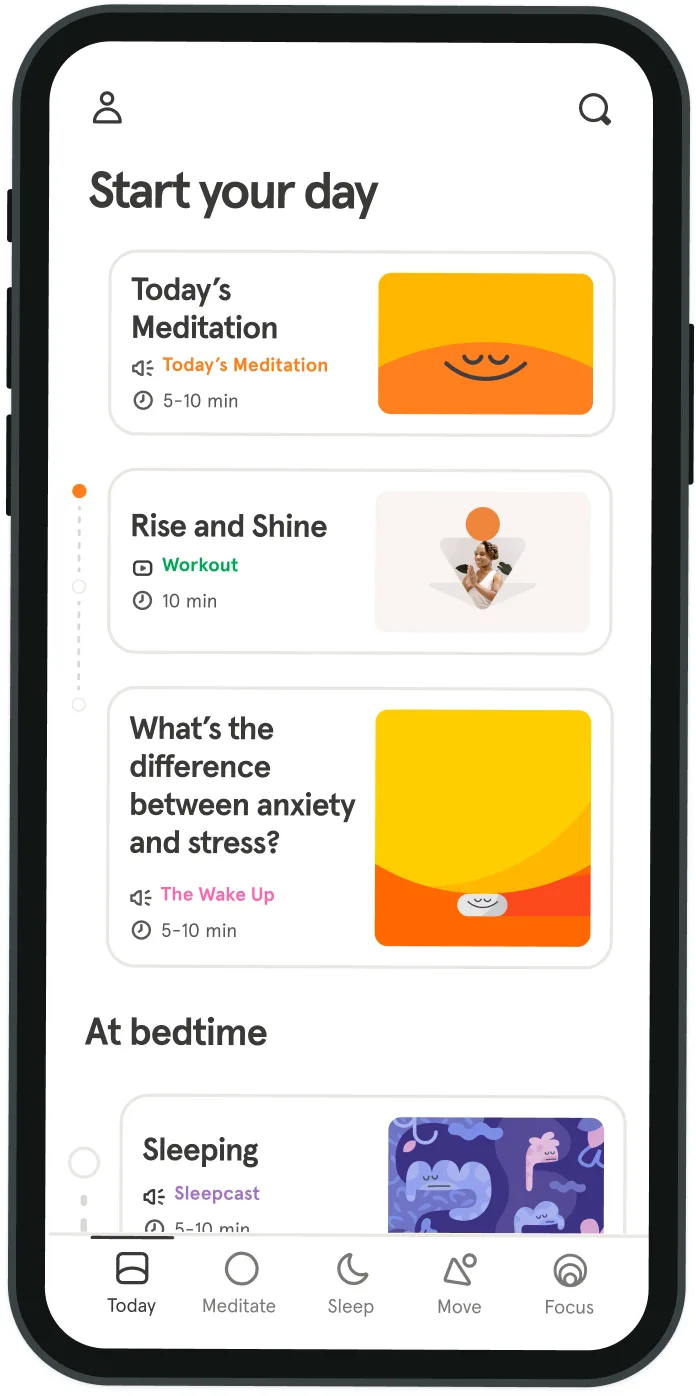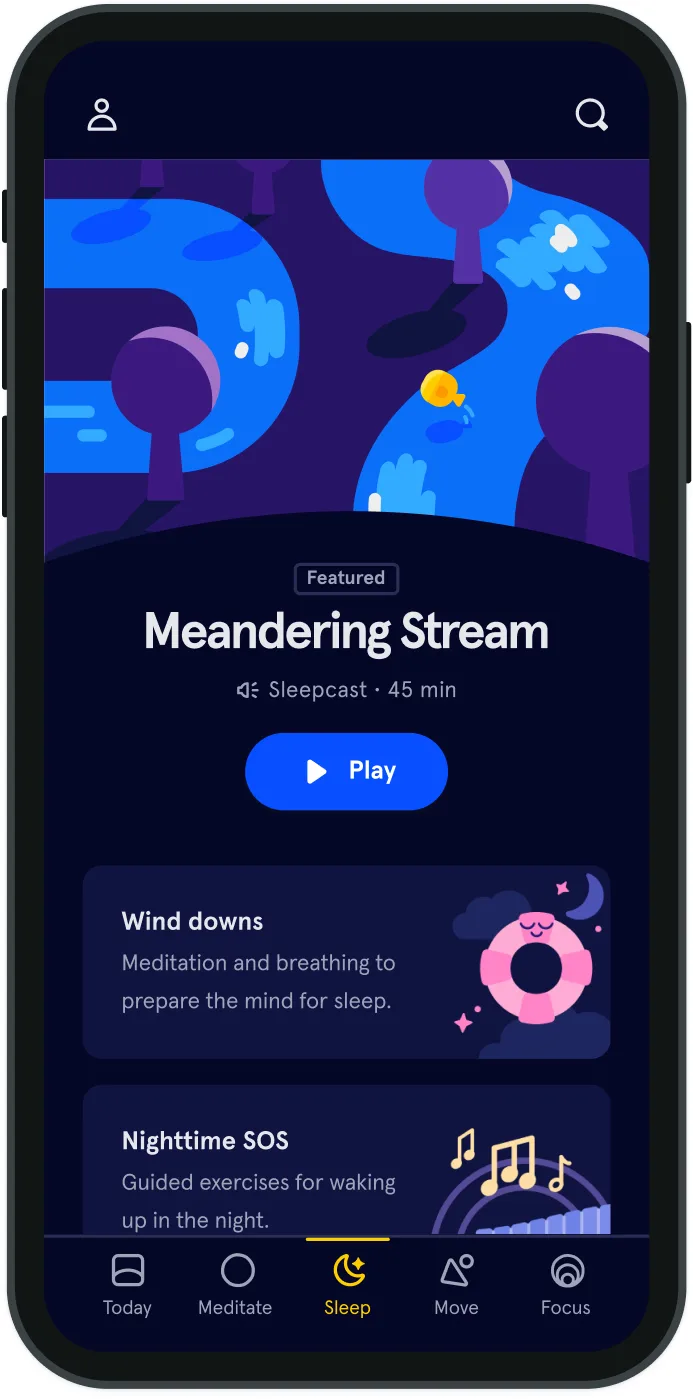A Day With: Hoarding Disorder
[Editor’s Note: This piece is part of an ongoing series of personal essays on what it’s like to live with a mental health diagnosis. Each piece describes a singular and unique experience. These essays are not meant to be representative of every diagnosis, but to give us a peek into one person's mind so we may be more empathetic to all.]
I woke up to discover a flat tire, and the morning quickly rolled downhill. “When I was looking for your spare, I noticed your trunk was pretty messy,” my husband Tuan* said as we inched over the Massachusetts Avenue bridge. “I think you may be a hoarder.”
“We’re not discussing this right now,” I told him with a calm that has evolved like scales. Tuan’s projections surprised me, even after a decade of loving him. In 2008 I discovered a pile of 42 backpacks in our condo’s living room, many stuffed with dirty fleeces. Back then—before “Hoarders” aired—I was unaware of hoarding, but my discovery frightened me. I later found two storage spaces stuffed to capacity. According to the International OCD Foundation (IOCDF), a diagnosis of hoarding disorder (HD) requires three things, all of which I observed. I handed Tuan “Buried in Treasures”, a book for helping compulsive hoarders, hoping he’d agree. “I’m not a hoarder,” he responded, a denial that hasn’t changed, although his behavior has. Before he bought a six-foot wrought iron birdcage for our living room recently, he asked my permission. His lack of insight is a hallmark of this disorder; those affected may not be aware they’re hoarding, or may not think it’s a problem. The DSM-5 classifies a hoarder’s insight as “good or fair,” “poor” or “delusional.” According to the IOCDF, HD affects 2-4 percent of the population. Ninety-two percent of the time it occurs with another mental health diagnosis, most often major depressive disorder or OCD. Treatment ranges from Exposure and Response Prevention sessions (practice discarding stuff) and Cognitive Behavioral Therapy (changing behavior), to medication (typically antidepressants such as SSRIs).
Although our home isn’t unsafe or unsanitary, it takes a mighty effort to keep it relatively clean, and my husband’s refusal to seek treatment doesn’t help. Due to my family history, it has taken time for me to navigate my involvement in what he buys, discards, or doesn’t discard. I’ve worked to gain the ability to respond calmly and remain grounded, as I did in the car that day. I’ve also honestly examined my contribution to our dynamic. Managing his stuff is stressful, but what strains our marriage is the lack of connection that arises from his absence—both from his mental absorption and the time he spends looking for stuff. So far I’ve stayed. I revisit my decision one day at a time. Tuan presented the misconception that hoarders are merely messy people. It’s more than that. Hoarding describes an unquenchable compulsion to acquire stuff—thought to stem from differences in brain function—and an extreme difficulty discarding it. The combination manifests in the stuffing of our home, storage spaces, and our marriage. A drift of recycling, castoffs, and trash accumulates on our back stairs, making it difficult to use them. In the basement, the door to one of Tuan’s storage spaces hangs open, items spilling onto the cement floor. Underneath our basement stairs, a tower of plastic bins has risen to cover our pull-switch light. Being unable to use spaces for their intended purpose is a feature of a home where hoarding occurs. Tuan has extreme difficulty discarding items of all types. They’ve ranged from a half-eaten piece of birthday cake to a scrap of cardboard that he may use for an art project, to a marker missing a cap that might still have a few strokes left in it or a broken lamp he “intends to repair”.
Items I discard outside our home often bounce back inside as if made of rubber. I discarded some children’s books when our daughter’s bookcase became so overloaded that books fell on her. Days later, I found several of my discards back in the house, in a different room. Tuan maintains that he’s a collector, and his basement storage space has shelves loaded with vinyl records. But they’re not clean, nor are they kept with pride or care. In fact, in the musty basement air, they warp more each day. “Hoarders” depicts a particular type of person with hoarding behavior. My husband is kind, has cute dimples, and loves his family. He’s a caring and generous uncle. He holds down a good job. Many hoarders may be more like him with a problem only the people sharing space with them can see. Regardless, he has a persistent and intractable illness. I hope that writing about what I’ve witnessed will inspire others to transform what can be a painful secret into an open dialogue. “I’ll never get to Brimfield by 9 a.m.,” Tuan lamented that morning. He had been to the giant antique and collectibles show in western Massachusetts the previous two days and anticipated a third. But of course, his distress was about more than missing a leisure-time activity. By now I know it’s more—much more—than that. *Name changed.



Be kind to your mind
- Access the full library of 500+ meditations on everything from stress, to resilience, to compassion
- Put your mind to bed with sleep sounds, music, and wind-down exercises
- Make mindfulness a part of your daily routine with tension-releasing workouts, relaxing yoga, Focus music playlists, and more
Meditation and mindfulness for any mind, any mood, any goal
- © 2024 Headspace Inc.
- Terms & conditions
- Privacy policy
- Consumer Health Data
- Your privacy choices
- CA Privacy Notice
